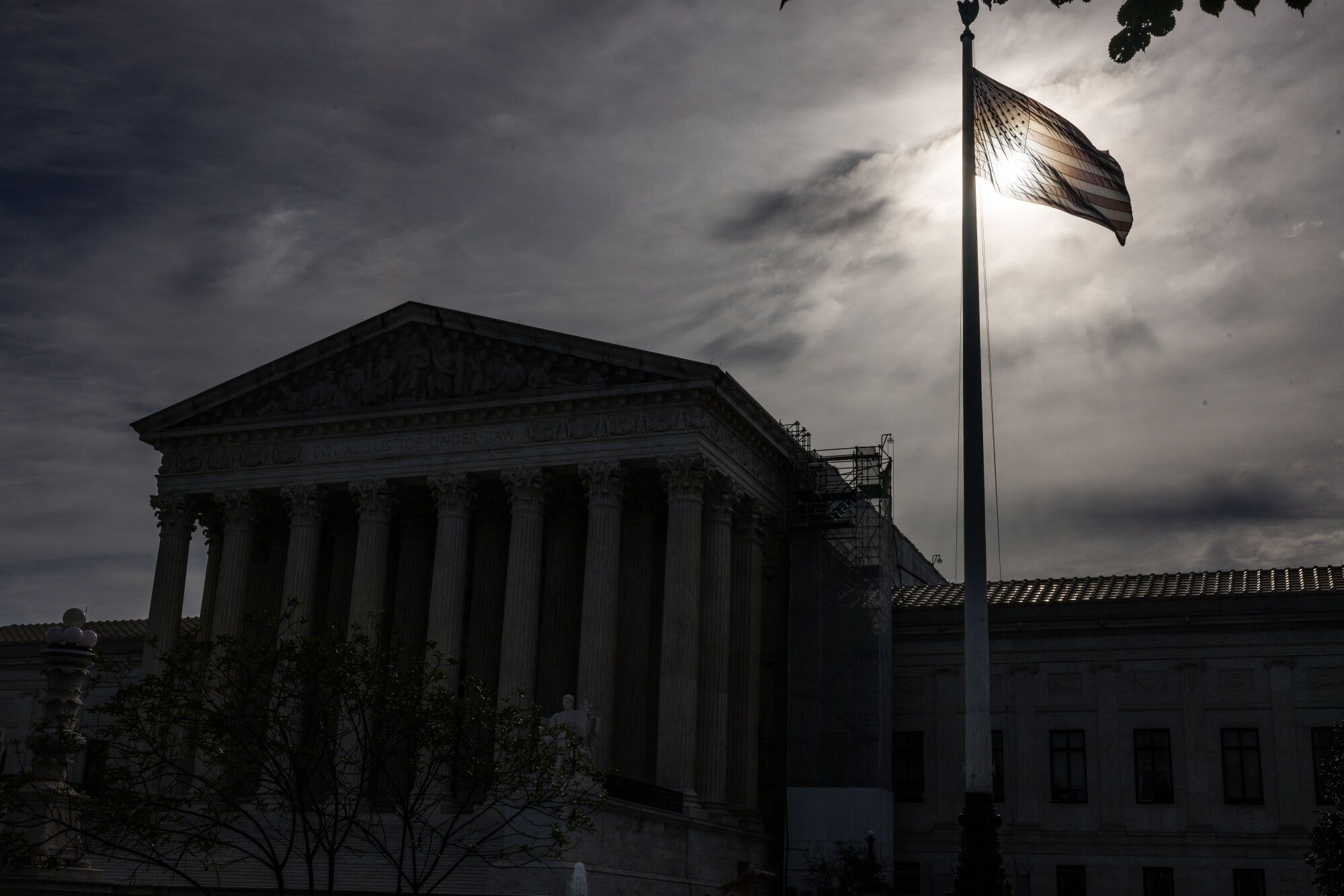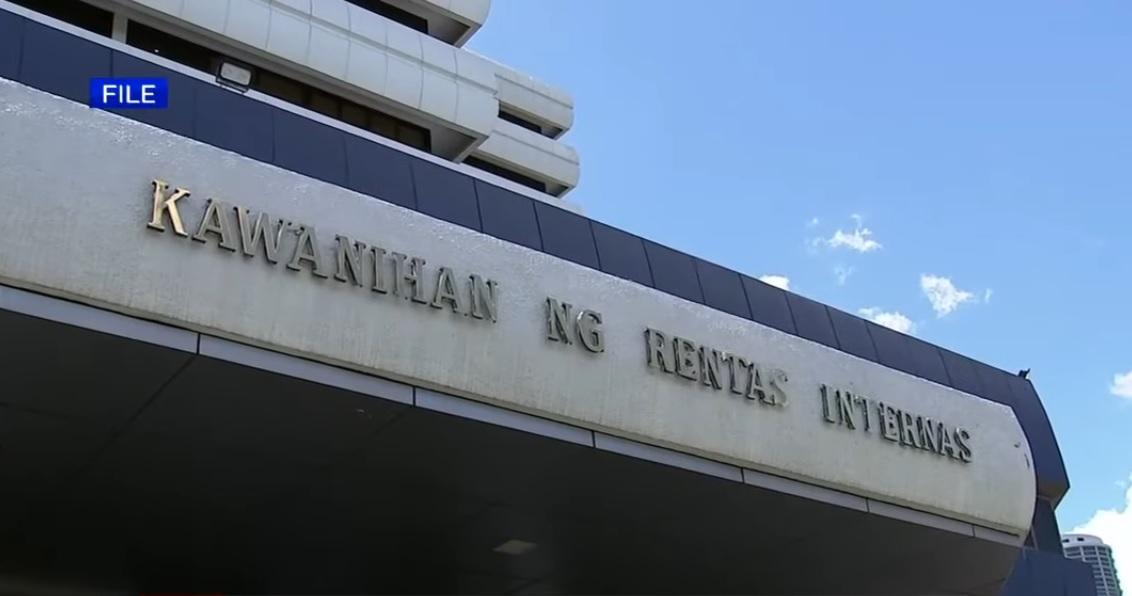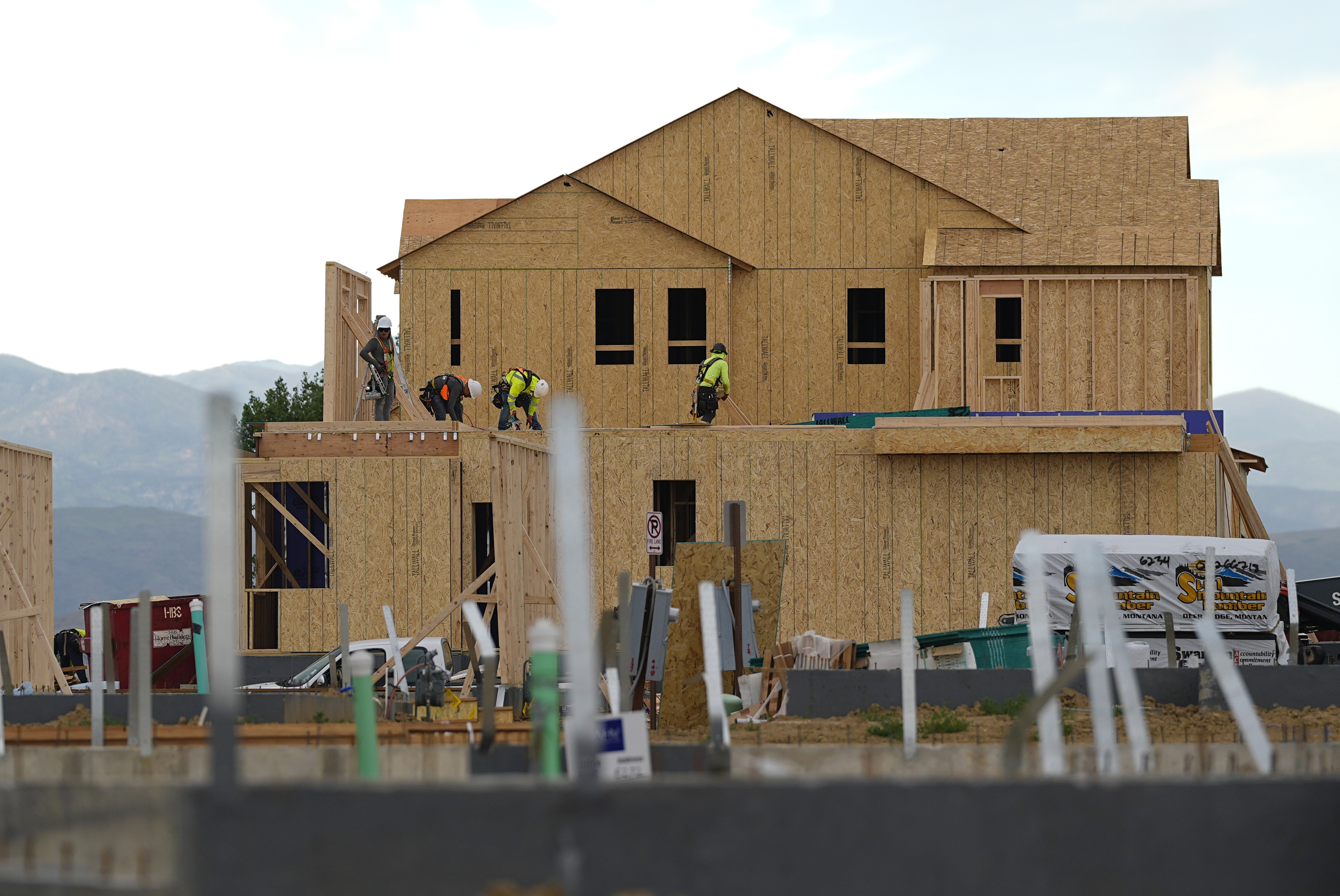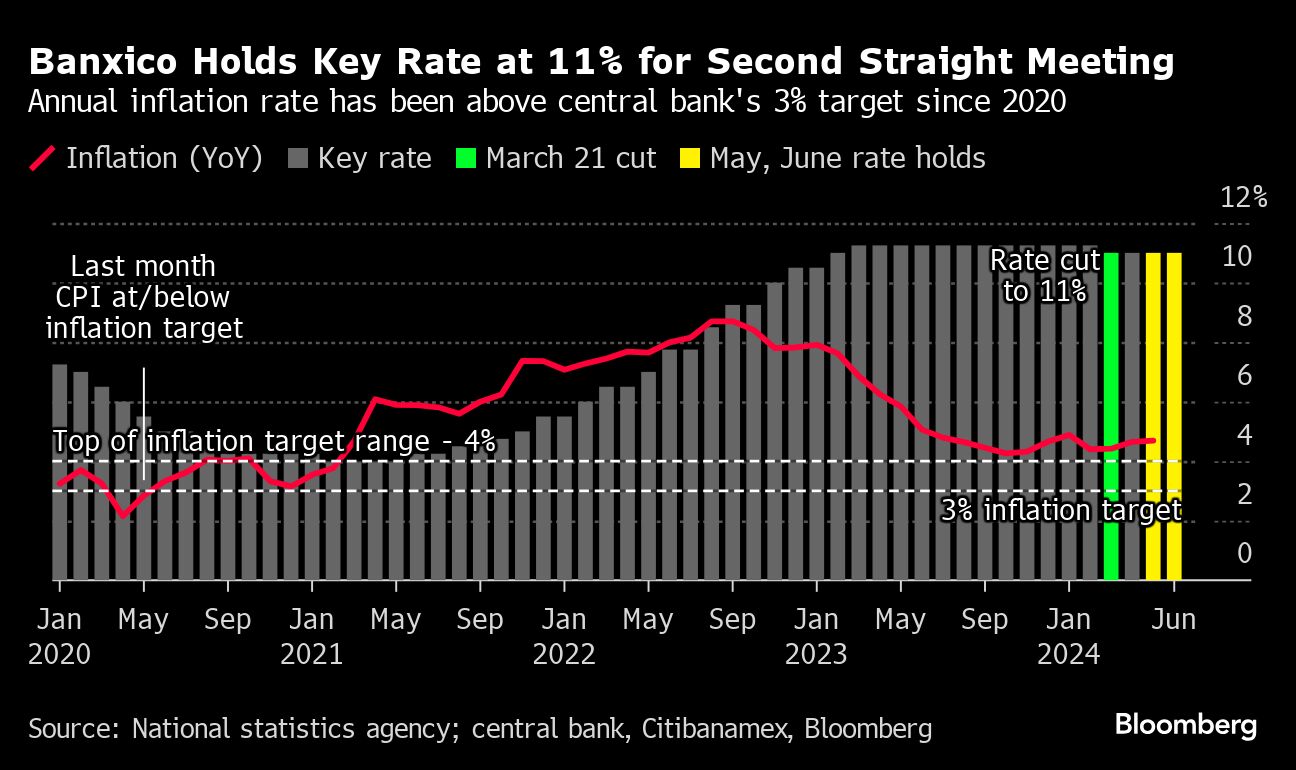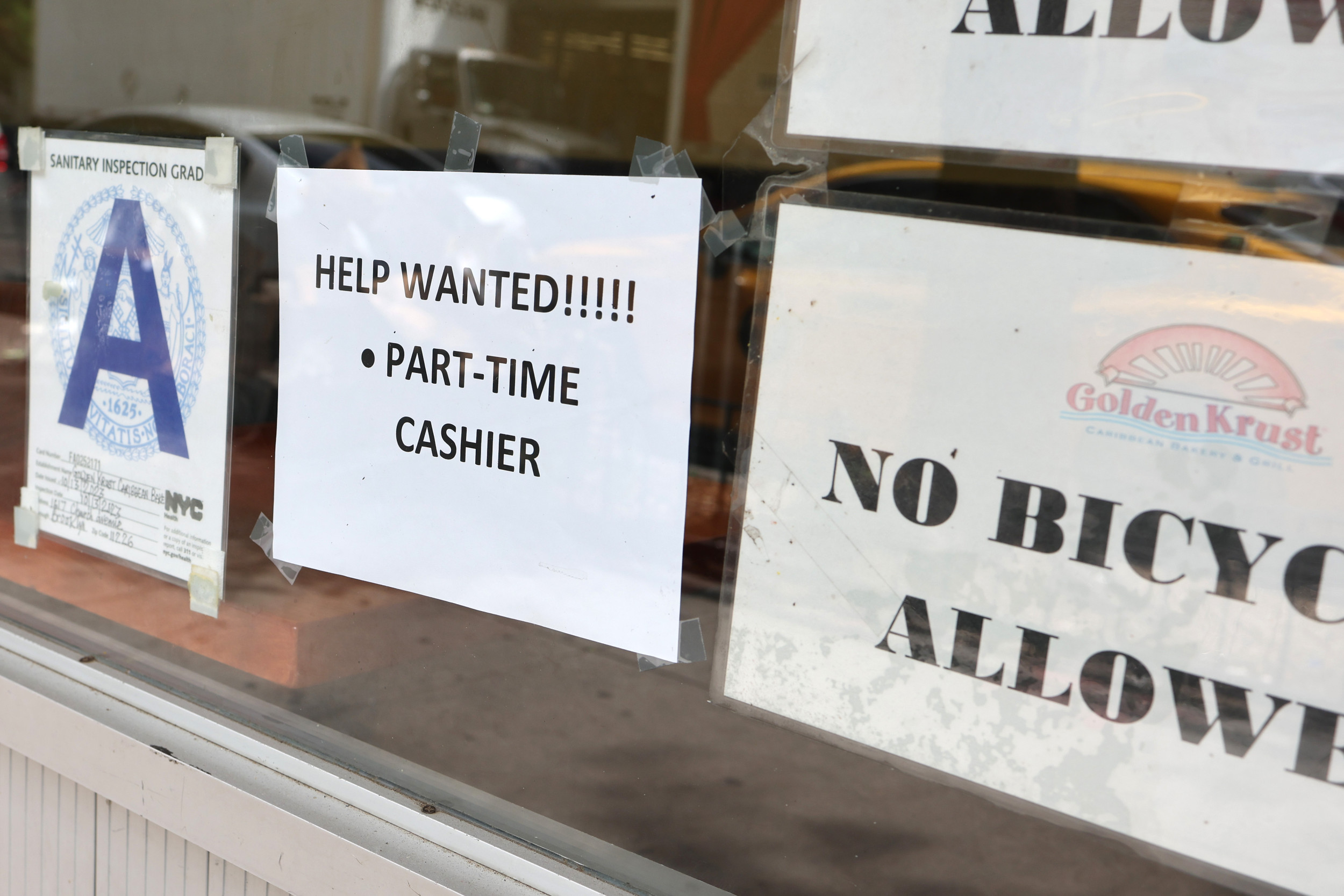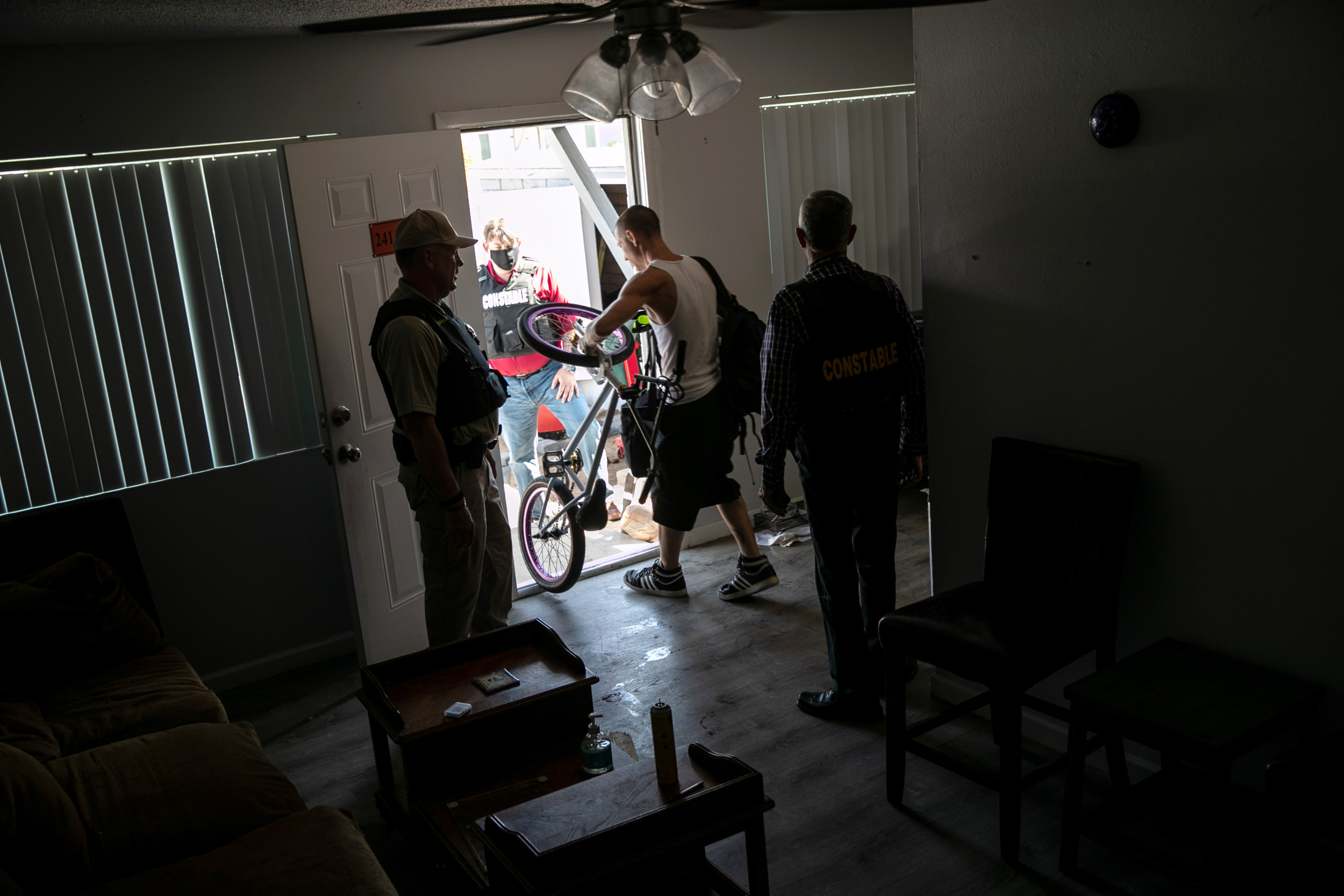
SQUATTERS 'INVADE' HOMES, POLICE CHIEF WARNS
A police chief in Wyoming has warned of a squatting crisis as more people move into vacant homes in the city of Casper.
Theys are not paying rent and are instead squatting illegally, according to Police Chief Keith McPheeters, who this week called on lawmakers at the Legislature's Joint Judiciary Committee to help quickly evict the squatters from the homes.
Read more: How to Invest in Real Estate
"The homeless population, especially in Wyoming, tends to be a little bit migratory," McPheeters said during the meeting. "There's a vast number of them that we've never seen before. They just showed up in their migratory travels."
While homelessness remains an under-addressed problem in the area, McPheeters said there are many unhoused people who are strategically looking for a place to squat illegally.
Read more: How Much Is My House Worth? How to Determine Your Home's Value
"They can smell it from miles away," McPheeters said. "And once they find them, they invade those properties."
For the owners of the properties, finding strangers living in their house can be a sudden shock, and there often aren't adequate legal protections to get the squatters out. Some squatters will even create their own fake lease agreements to pretend they are tenants that have extra protections under the law.
"Today, people that fall in the tenant category may have a broad set of protections, varying by local jurisdiction," Alan Chang, founder and president of Vested Title & Escrow, previously told Newsweek.
Read more: Avoid the Hassle of Rental Properties and Invest in Real Estate ETFs
"They know that it is harder to remove or evict them from a property than in the past. Generally, law enforcement does not want to take action in these cases, and they may not have all the facts, unless there is a writ, or court order authorizing them to do so."
When police encounter this, they typically have to rely on the legal eviction process, which can take several months in the court system. And when the owners finally get access to their property again, sometimes tens of thousands of dollars in damage has been done, McPheeters said.
One of the issues many owners face in holding the squatters accountable is how difficult it can be to prove criminal intent under current laws, and McPheeters said the abandoned homes can become a "crime haven."
"We've done pretty much everything we can, even at great expense to us," McPheeters said. "But it's not just about Casper. I want to reiterate, this is happening across our state."
The squatting crisis has its roots in the growing homeless population in the state and nationwide that reached 653,000 last year. The housing market remains out of reach for many Americans, and high rent can also push more to look into unlawful options like squatting.
In Wyoming, state Senator Jim Anderson is looking to change the situation by making squatting a criminal trespassing offense. If the squatter cannot prove they have a legal right to be there, such as through a signed lease, police would be able to speed up the eviction process and remove the unwanted guests.
The law would mirror a similar bill in Florida, where the transitional homeless housing program Matthew's Hope had to shut down after several unhoused people refused to leave after breaking the rules.
"We literally have had a small group, an effective group, training each other, if you will, and coaching each other on how to squat," Scott Billue, founder of Matthew's Hope, told ClickOrlando.com.
Chang said social media has played a crucial role in squatters learning how to manipulate the system, too.
"There will always be some that want to take advantage of the system, rather than follow its rules," Chang said. "With today's easy information sharing, that group can expand easier than in the past."
2024-06-21T17:09:30Z dg43tfdfdgfd


